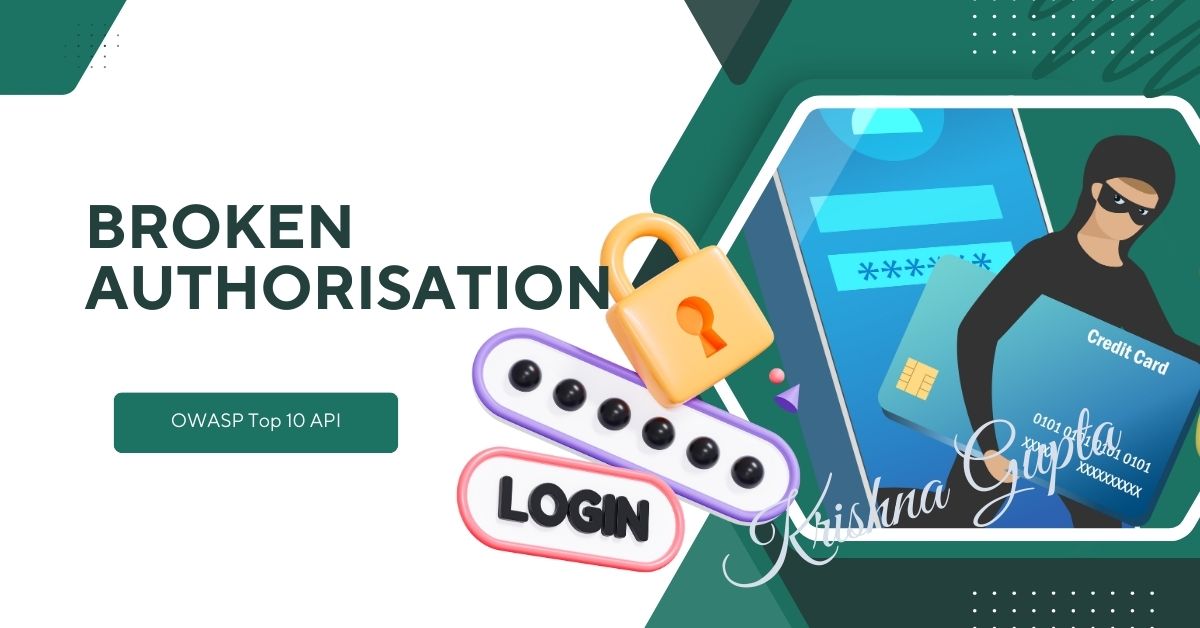OWASP Kubernetes Top Ten – K08: Secrets Management Failures
In the fast-evolving world of cloud-native applications, Kubernetes has emerged as the de facto standard for container orchestration. While its robust architecture streamlines deployment, scaling, and management of applications, Kubernetes introduces a unique set of security challenges. Among these, secrets management failures pose a significant risk, often leading to data breaches, unauthorised access, and compliance violations.
The OWASP Kubernetes Top Ten (K8s Top 10) highlights the most critical security risks in Kubernetes environments. K08: Secrets Management Failures underscores the common pitfalls software developers and software architects encounter when handling sensitive data such as API keys, credentials, and encryption keys.




